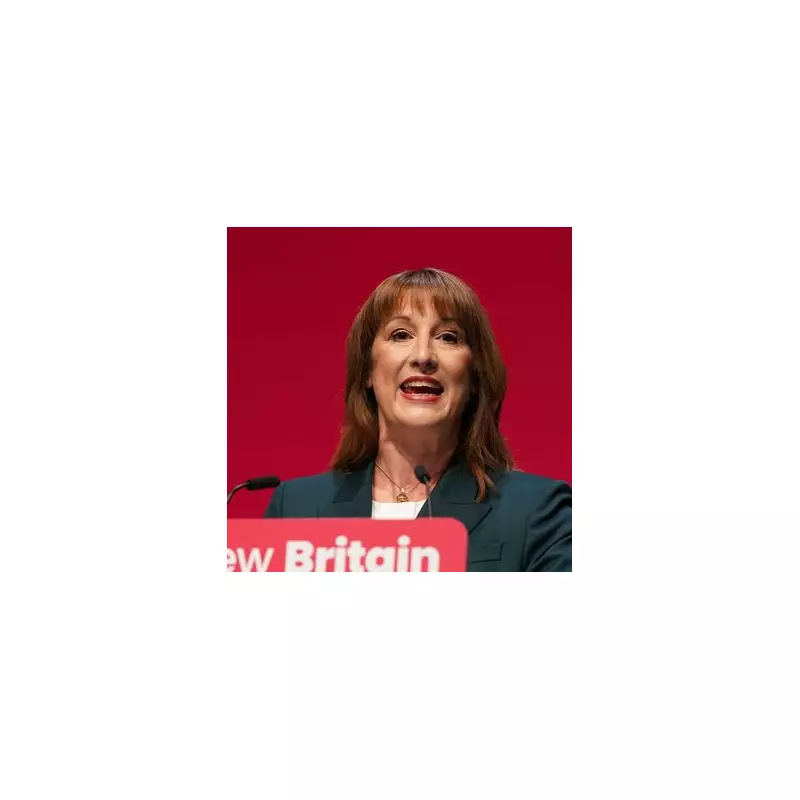
In a fiery parliamentary performance that left government benches reeling, Shadow Chancellor Rachel Reeves launched a blistering assault on what she termed the Conservatives' "14-year experiment in economic chaos" that has left Britain poorer and more unstable.
The Damage Assessment
Reeves didn't hold back in her condemnation, systematically dismantling the Tory economic record point by point:
- Working people facing a staggering £1,200 annual hit to their finances
- Mortgage payments skyrocketing for millions of homeowners
- National debt tripling to a eye-watering £2.6 trillion
- Economic growth remaining virtually stagnant
"The bill for this 14-year Conservative experiment in economic chaos is in," Reeves declared to a charged House of Commons, "and the British people are paying it."
A Tale of Two Chancellors
The confrontation saw Reeves directly challenge Chancellor Jeremy Hunt's optimistic assessment of the economy, accusing him of being dangerously out of touch with the financial reality facing ordinary families.
"While the Chancellor pats himself on the back," she fired, "parents are skipping meals to feed their children and pensioners are shivering in their homes."
The Growth Conundrum
Reeves highlighted the stark contrast between government rhetoric and economic reality, noting that despite numerous Conservative growth plans and promises, the UK economy has barely expanded beyond its pre-2008 financial crisis size.
Her most damning indictment came when she revealed that the average OECD economy has grown nearly three times faster than Britain since 2010, painting a picture of a nation falling behind on the global stage.
What Comes Next?
The Shadow Chancellor positioned Labour as the party of economic competence and stability, promising an end to what she described as "short-term gimmicks" and "boom and bust" economics.
With the Spring Statement failing to impress and economic pressures mounting, this Commons showdown signals the beginning of what promises to be a fiercely contested economic debate as Britain moves closer to a general election.





